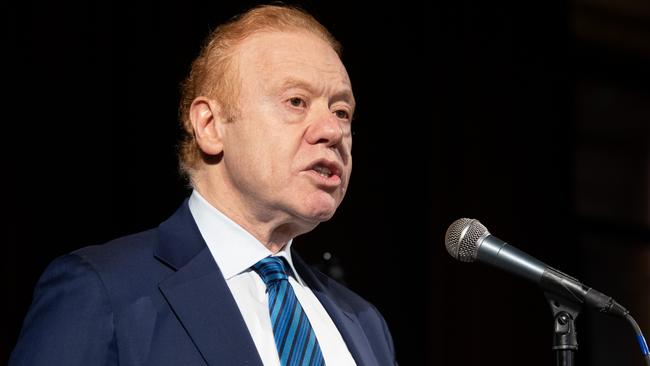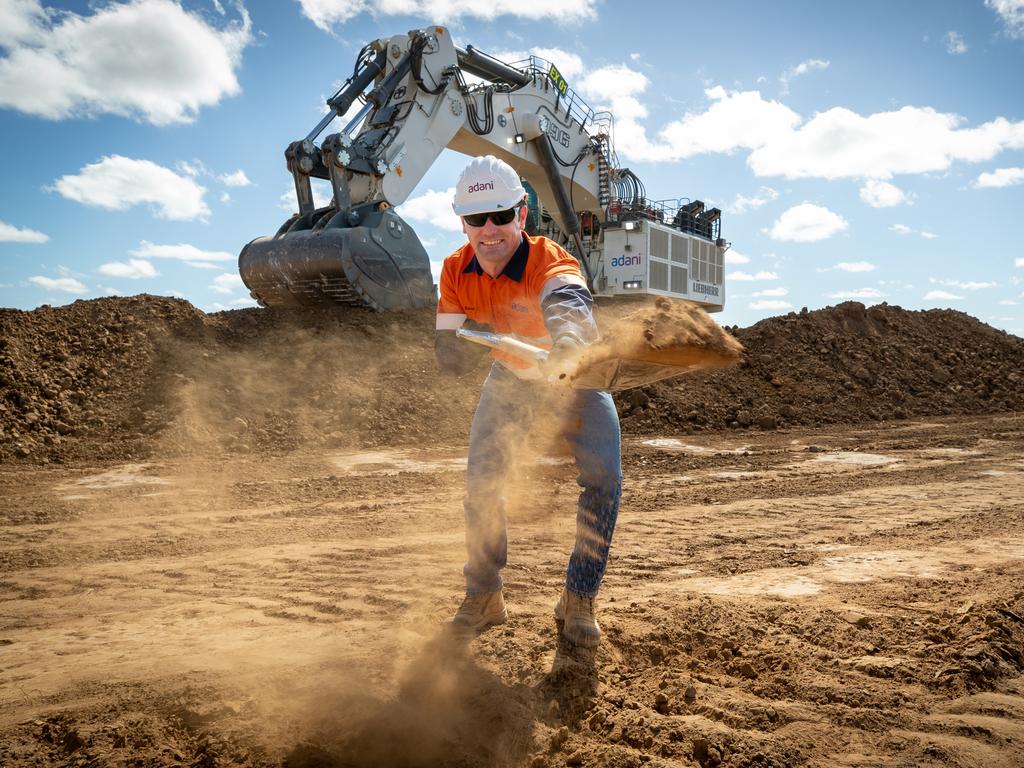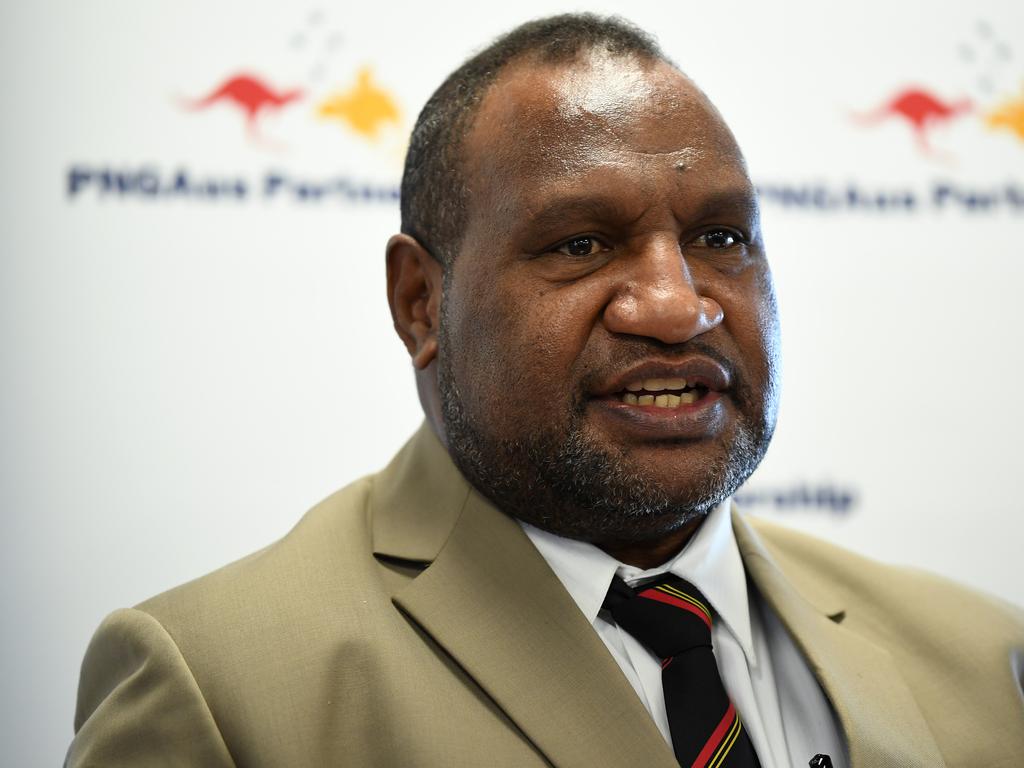
Australia’s biggest glass bottle maker was then owned by ACI, which the late Dick Pratt tried to buy, first with Equiticorp’s Alan Hawkins and then with BTR’s Alan Jackson.
Ultimately Pratt had to pull out of the bid because his money was needed elsewhere, and at the height of the 1980s bull market the banks were on the prowl.
BTR’s Jackson was ultimately successful with a $1.6bn bid, which was a boon to Pratt, who owned 10 per cent of ACI and also acquired the company’s state-of-the-art recycling plant at Laverton on the outskirts of Melbourne.
Ironically, Visy has promised to increase recycling at the plant from one-third to two-thirds, in line with company policy.
Pratt’s brother-in-law Ruffy Geminder is a leader of the plastics recycling industry and knows the virtues of the circular economy.
Back in the 1980s ACI was a competitor to the Pratts in cardboard boxes, along with another Melbourne blue-blood company, Amcor.
ACI closed its operations, leaving just Amcor and Visy, and now Amcor offshoot Orora has sold its papermaking ventures to Nippon Paper.
Amid these turns Anthony and sisters Fiona and Heloise have returned the bottling arm to Australian arms, which is a boost to the local manufacturing industry.
Orora is its only major competitor, with 60 per cent of the Australian wine bottle market, Coopers beer and aluminium cans supplied to Coca Cola Amatil among others.
These are its only assets left in Australia.
Pratt beat out some private equity bids for the company, which last year reported $833m in revenue.
Charter Hall acquired the property in the deal under a sale and leaseback arrangement.
The property includes Brisbane River water frontage, but that comes with a big remediation bill if the land is to be redeveloped.
Pact director Ray Horsburgh used to run the ACI glass plant and was one of the few ACI executives who was taken on by BTR’s Jackson.
The late former BTR boss was a legendary hard man of the 1980s bull market, who is said to have asked ACI executives to a meeting when he took control, placed a shoebox on his desk, asked the executive to place their company car keys in the box then bid them farewell.
Horsburgh was later hired by the Smorgon family to run its glass operations, before running the steel business which is now controlled by Sanjeev Gupta, on whose board he now sits.
ACI was one of a group of Melbourne establishment companies, including Amcor, which was part of the Australia 200 ring organised by the then House of Were (now Goldman Sachs).
The plot was to buy stakes in each other as a defence against the corporate raiders of the era like Sir Ron Brierley and the late Robert Holmes a Court.
It didn’t work for ACI, which had its own internal problems, and while the late Dick Pratt had to withdraw from the BTR takeover the asset he coveted is now in the family.
Flight schedule
Virgin administrator Vaughan Strawbridge is working to an August 19 deadline for his report on the airline, which is scheduled to go before creditors on August 26.
That is the present timetable but could change if negotiations work out better than expected.
As noted previously, as things stand Virgin is under the financial control of Bain, which has done a deal by which if the deed of company arrangement (DOCA) is approved by the meeting it will buy control of the entity. If the DOCA is knocked back, then Bain buys the assets.
The returns to creditors will depend on negotiations between Bain and parties ranging from the unions to Boeing to Gate Gourmet and the Australian airports.
This makes life tough for the unsecured creditors fighting Bain because while they are trying to maximise returns this ultimately depends on how Bain goes with its talks to secured creditors.
Bain has guaranteed staff it will pay all entitlements due, including to some who will inevitably lose their jobs.
The figure of $1.7bn cited on June 26 when the deal was done was just an estimate of some of these payments against debt of over $7bn.
Final payment awaits the August 19 report from Strawbridge.
China hits back
China’s protests about the Australian dumping laws centre on the refusal to treat the Chinese market as the base point to work out local prices.
This is essential given the two legs to a dumping complaint, which are that the goods are sold below the normal value in the country of origin and cause injury to the Australian company.
If dumping is proved the government works out a dumping margin, which is then added to the cost of imported steel, which in turn raises prices for Australian customers.
The complainant wins because it can then sell its product at below the price of the imported product.
When the government assesses normal prices in China it uses South Korea and Taiwan as the proxies.
This practice is being challenged in a case presently before the Federal Court being taken by importer ThyssenKrupp.
This issue aside, the Chinese government raises valid issues in noting Australia is a big exporter of iron ore to Chinese steel mills, so issues affecting steelmakers could impact iron ore demand.
Separately it made the obvious warning about the impact of dumping complaints on downstream industries which have to pay higher prices in the middle of a recession.
If the imported goods are unfairly priced then the local industry has a legitimate claim if those prices are responsible for any injury to the local industry.
But just what is the cause of the injury is another moot point, as noted last year when Qenos took action against imported plastics, when the real villain was high gas prices.
The ACCC has lodged a criminal cartel case against BlueScope, which has denied the allegations.
It is also investigating claims the company is packaging the steel frames with its popular Colorbond product, offering big discounts for taking both products.








The $1bn glass-making deal Anthony Pratt and his sisters reached with Owens-Illinois effectively completes the transaction their late father tried to do 34 years earlier.